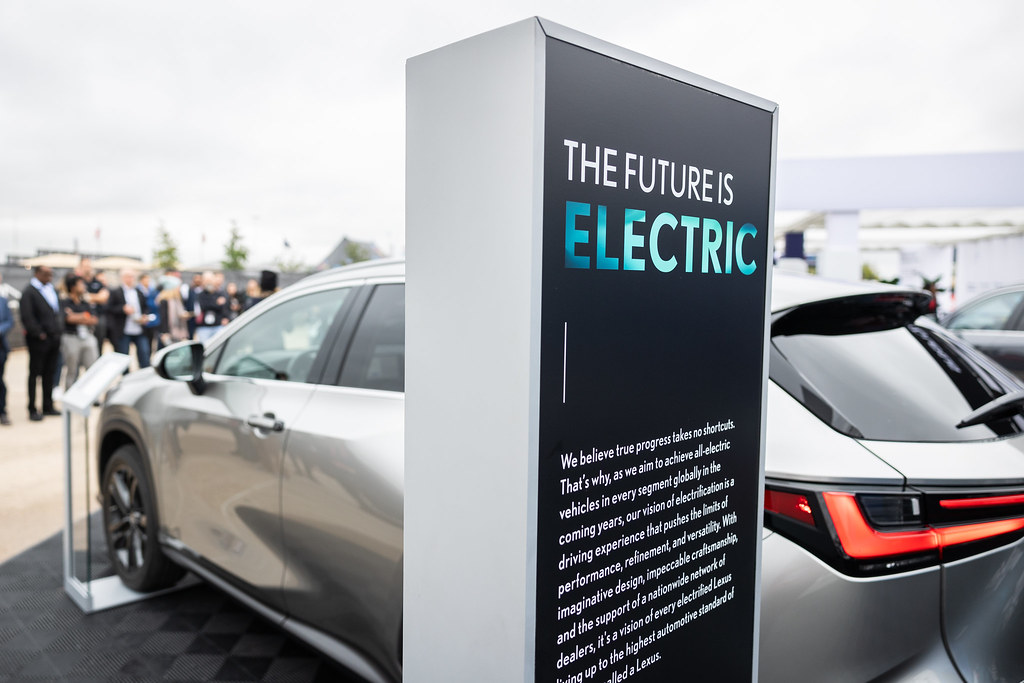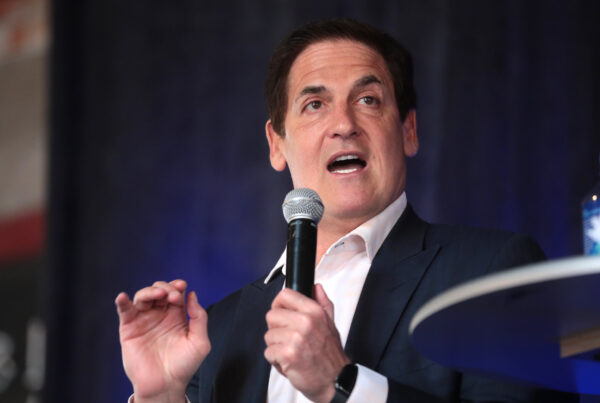The Biden administration is offering billions in financial incentives to U.S. companies that want to build electric vehicles or components for them. But regulations aimed at giving domestic firms an advantage over China are stopping some American manufacturers in their tracks.
How so? Jack Ewing, who covers the auto industry for The New York Times, has written about this, along with the Times’ Ana Swanson. Ewing joined the Standard with more.
This transcript has been edited lightly for clarity:
Texas Standard: This infrastructure law signed in 2021 gives incentives to companies that want to build EVs in the U.S., but it also restricts where components of those vehicles come from. Do I have that right?
Jack Ewing: Yeah, that’s exactly right. And those two goals are not always in harmony with each other because, you know, the administration wants to promote sales of electric vehicles and has provided quite a lot of financial incentives for that.
But to get the financial incentives, companies have to meet quotas on how much of the cars and the raw materials are coming from friendly places, either from the United States or from our allies. And so it’s sometimes hard to make those two things line up together.
So when we’re talking about components that come from China, what specifically are we talking about, and why are there no U.S. sources for them?
Well, China recognized early that the auto industry was going to electric vehicles. They saw this as a chance for their own automakers who were not competitive in traditional auto making, that they could use this new technology to become automobile exporters. So there was a whole national policy behind it.
And as a result, they built up a whole supply chain, particularly for raw materials. So graphite is something you need for all batteries; almost all the graphite for batteries is processed in China, and nobody else can do it.
» GET MORE NEWS FROM AROUND THE STATE: Sign up for Texas Standard’s weekly newsletters
Now, you write about a company that was planning a facility here in Texas to make components for all U.S.-built electric cars. But this China policy got in the way. What happened?
Well, the problem is just cost. You know, this company was planning to build a chemical that’s essential to batteries, to produce it. And they can do that. The problem is that the Chinese competitor then slashed the price to a point where it’s it’s very hard for the Texas company to compete.
Well, does the administration recognize the problem here, and have they taken any action to address it?
Yeah, well, what we’re waiting for pretty soon is some ruling that will help clarify how much Chinese material carmakers can use in their batteries and in their electric vehicles. And so there is a good chance that outfit in Texas will be helped by these regulations because the carmakers, if they want to qualify for all the federal incentives, they’ll have to get that chemical from the United States, not from China.
» MORE: When cars run on batteries, not gas, where will we go for a fill-up?
But it seems like we’re really playing catch-up here. I mean, yesterday, Elon Musk was in an interview with The New York Times at a big, big conference there in New York.
And he talked about the fact that there really are not any EV makers based in the U.S. that come close to the kind of competition Tesla gets from rivals in China, right?
Yeah, that’s right. I mean, he said that in 10 years or whatever, he could imagine that Tesla is the biggest electric vehicle maker in the world, and then the next nine are Chinese. And I think there’s a little bit of exaggeration in that statement – I wouldn’t write off GM, Ford and so on – but the Chinese have a big head start.
Their cars are very competitive. We’re not seeing them in the United States, basically because of tariffs, but they’re starting to export to Europe. And, you know, that’s a threat to the U.S. auto industry.
And at the same time, we’ve heard recent statements from Ford and GM that they’re sort of scaling back their ambitions for EVs, it seems.
The growth rate of EV sales has slowed somewhat. They’re easier to find on lots. It’s taking the dealers longer to sell them.
But it’s still by far the fastest growing segment of the auto industry. I mean, gasoline car sales are basically stagnant, and EV sales are still growing, you know, 40% a year.














